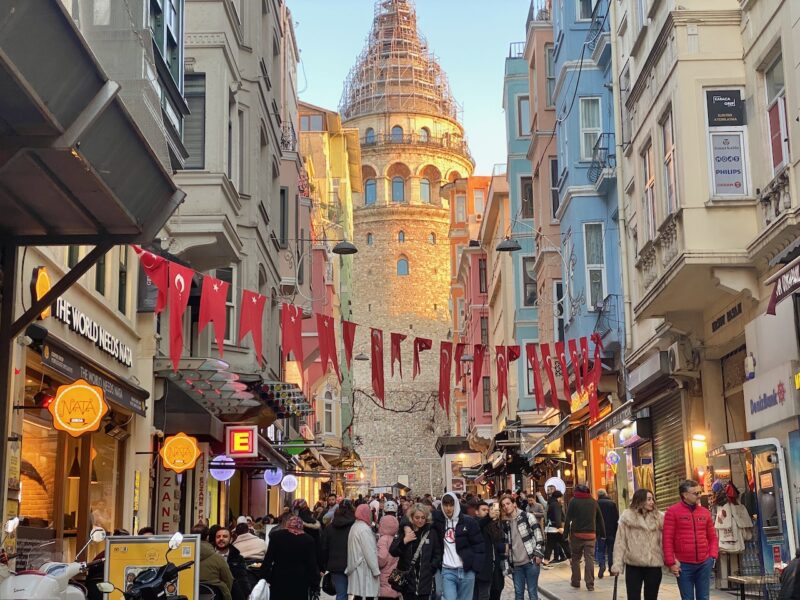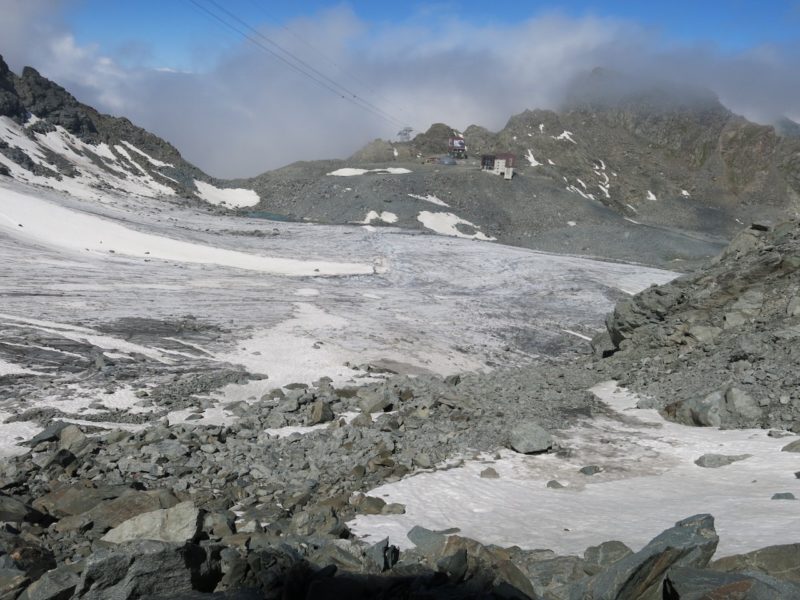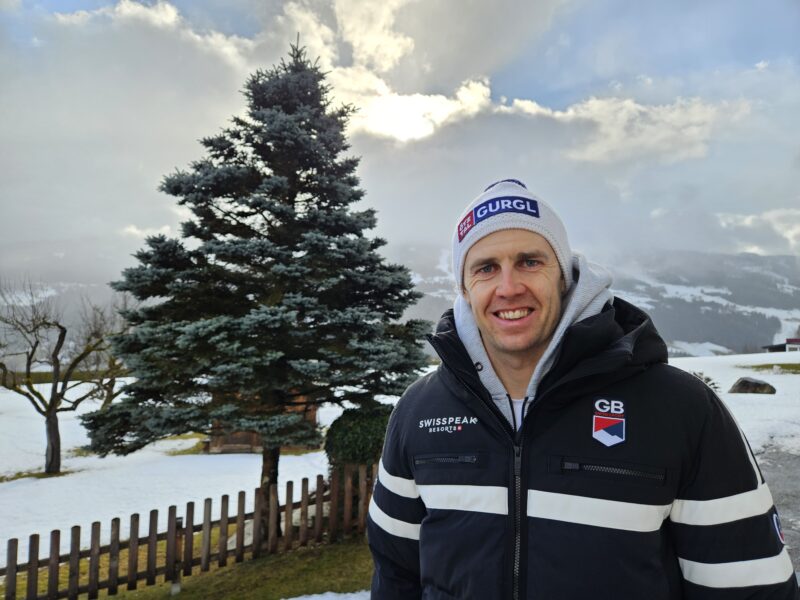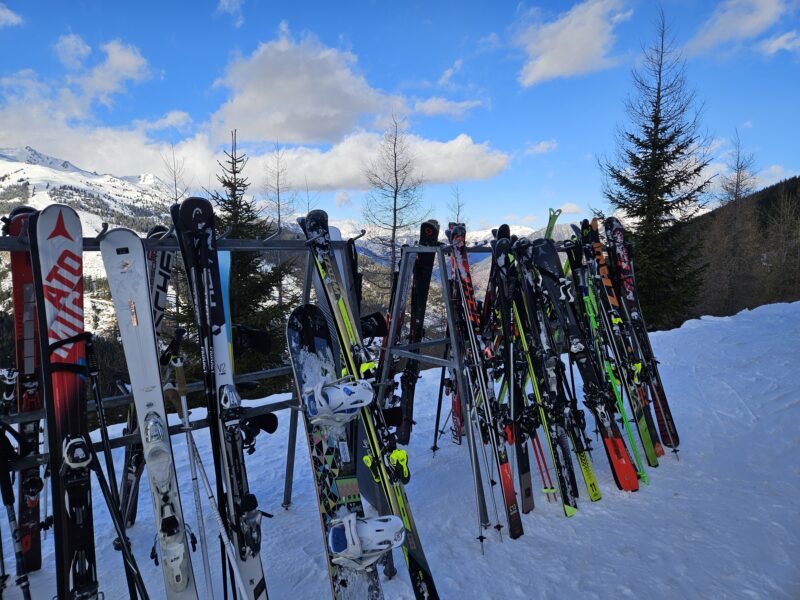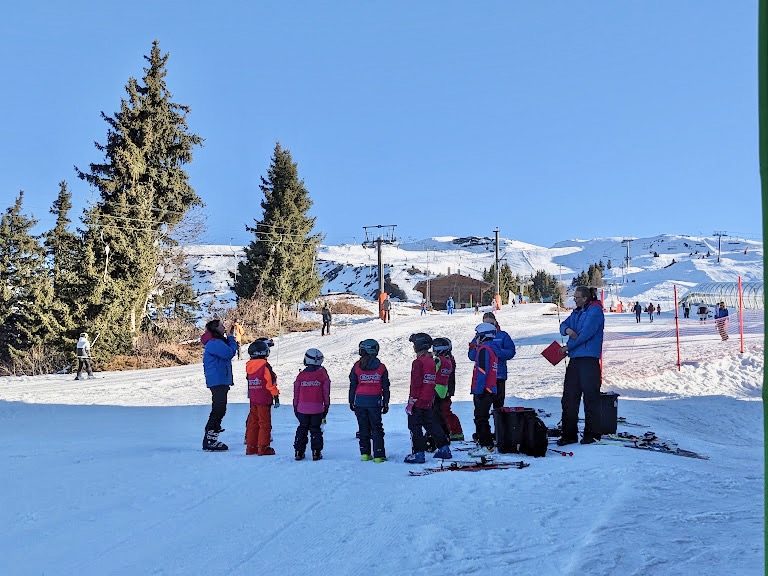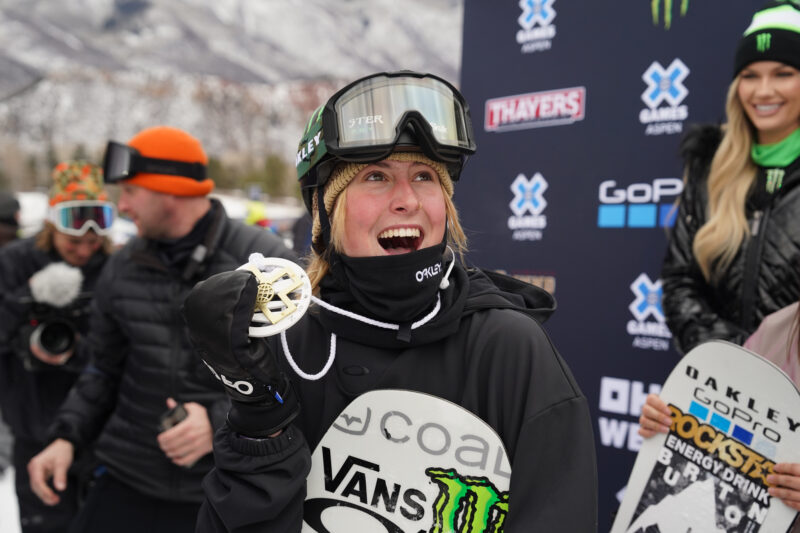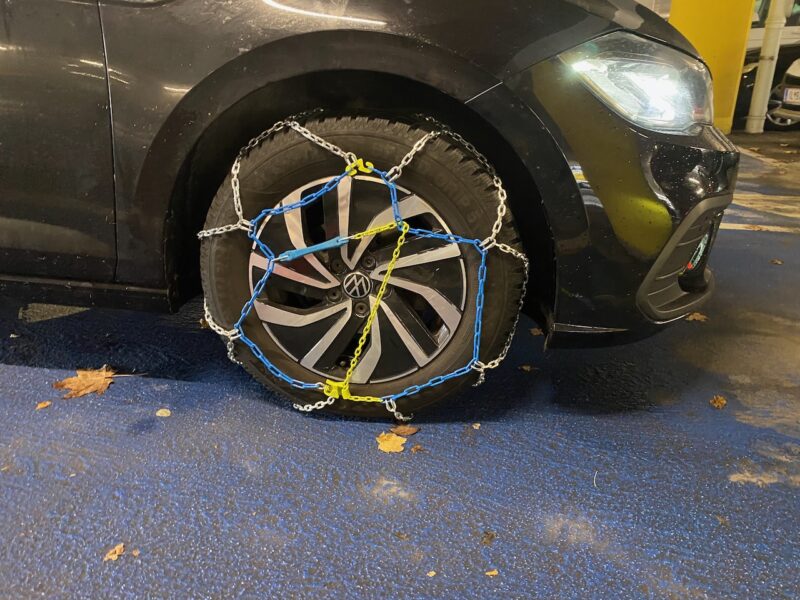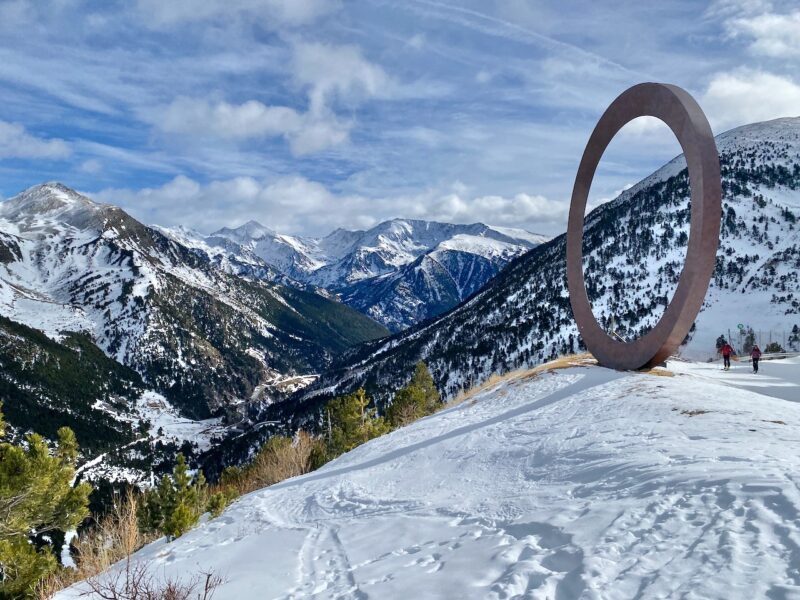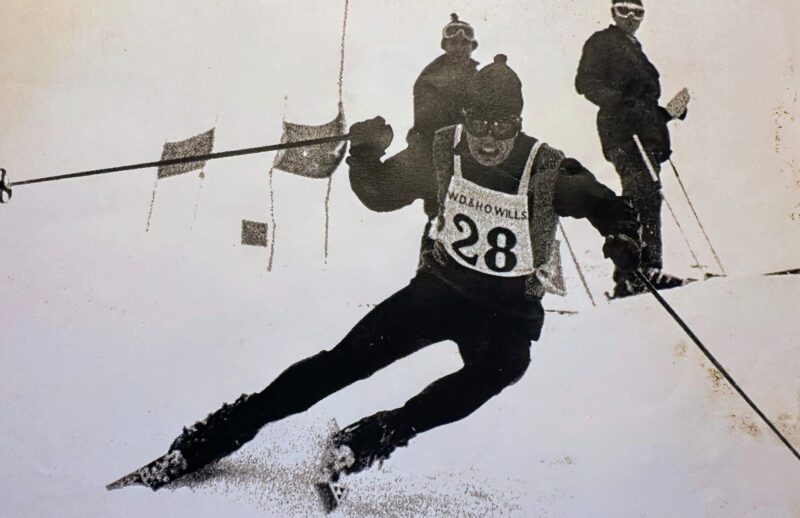THE CORONAVIRUS IMPACT ON SKIING & SNOWBOARDING
3rd May 2020
Last modified on May 20th, 2021
The team at PlanetSKI is reporting all the news & developments as it affects the snowsports world in our ever-popular rolling blog. If you want to see its impact and the response of skiers & snowboarders then read on…
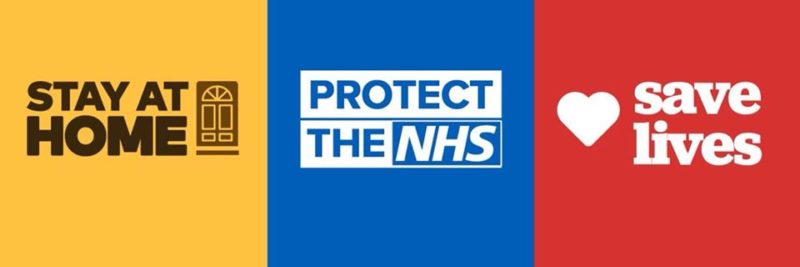
Government coronavirus advice
Here are the earlier rolling blogs if you want to look back at all the relevant developments over the past weeks as we report its impact and update daily:
April 26th: Covid-19 impact on skiing & snowboarding continues
April 18th: Coronavirus impact on skiiing and snowboarding continues
April 12th: Coronavirus impact on skiing and snowboarding
April 5th: Coronavirus impact on snowsports
March 29th: Our rolling blog on the impact of Covid-19 continues
March 23rd: PlanetSKI’s rolling blog on the coronavirus impact on skiing continues
SATURDAY 9TH MAY
$2b COVID-19 IMPACT ON US SKI AREAS
The National Ski Areas Association says the economic losses caused by COVID-19 are estimated at $2 billion.
The figure includes revenue losses for the pre-mature end of the 2019-20 season and an expected drop the sale of season passes.
There are 460 ski areas in 37 states.
In the 2018-19 season, visitors at US ski resorts was 57.1 million – the second-highest number since 1996-97.
This year’s skiing and snowboarding season will look very different.
10.3 million individual Americans ski reach year.
FRIDAY 8TH MAY
HOW TO USE A FACE MASK
As France prepares to lift more restrictions one of our readers who lives in Tignes has been sent official instructions on their used. And how they will be distributed.
“The end of the confinement period is accompanied by a number of measures to prevent the virus from spreading too quickly: maintaining social distancing, respecting barrier gestures and wearing a mask in public spaces.
Imposed in public transport and recommended outside, surgical masks are gradually appearing in supermarkets and local shops.
The municipality now has a stock which allows it to initially consider the distribution of a washable and reusable mask (approximately 10 times) per inhabitant.
Municipal agents and members of the Amicale des Sapeurs-Pompiers de Tignes will ensure the distribution on Monday 11 and Tuesday 12 May from 9 a.m. to 12 p.m. and from 2 p.m. to 5 p.m. at various points defined in the municipality.
• Les Brévières: postal agency
• Tignes 1800 – Les Boisses: House of Tignes 1800
• Le Lavachet: Maison de Tignes / Reception Parking
• The Lake: Maison de Tignes, access to the lower square / bus station reception
• Le Val Claret: postal agency
For the proper organization of distribution, please go only to the collection points in your neighborhood. Residents of villages on the right bank of the Isère can go either to Les Brévières or to Tignes 1800.
Each person must have an identity document, proof of address and a family booklet (optional) for the distribution of masks to children.
If you cannot remove the mask on the scheduled days and times, a single collection point is planned as of Wednesday, May 13 at the reception of the town hall of Tignes.
CCAS members and elected officials have already started distributing to isolated and vulnerable people.
A second distribution may be organized upon receipt of masks from the Auvergne-Rhône-Alpes region.
The right gestures to apply when wearing a fabric mask
1. Before putting on your mask, wash your hands with a hydroalcoholic solution or with soap and water.
2. The mask must be adjusted to cover the nose and mouth. Adapt the modeling insert to the shape of your nose by pinching it very lightly.
3. The mask makes it possible to avoid transmitting the virus by droplets of saliva. It protects you and others.
4. Wearing a mask when you are not infected limits the risks of transmission between your hand and your mouth but it does not filter the air nor does it replace basic protective measures: disinfection of hands and surfaces, respect 1 to 2 m distance between people.
5. To remove the mask, take it by the elastic bands. Do not put your hands on the mask and place it in a plastic bag while waiting to wash it.
6. Sterilize your mask at least once a day by washing it above 60 ° C.
THURSDAY 7TH MAY
FIRST COVID-19 CASE IN WALES CAUGHT VIRUS ON SKI HOLIDAY IN ITALY AND NOW URGES PEOPLE TO SAY POSITIVE
Mark Hosking, 53, from Swansea, became ill after a family skiing holiday in Italy during the February half-term.
He is now recovering at home after spending more than two weeks in hospital, including four days in an induced coma.
“If you can take your time and build up your strength, you can become the person you were before,” he said to the BBC.
“You hear so much of the other side but you can come through it, so remain positive. You have to, there’s no real alternative.
“If you’re that severe that you have to go onto intensive care then the care they give you is fantastic.”
He was treated at the Royal Free Hospital in London.
Read his full and inspiring story here on the BBC.
WHAT MAY SKIING AT THE SNOW CENTRE IN HEMEL LOOK LIKE WHEN RESTRICTIONS ARE LIFTED?
“While lockdown isn’t over yet, we know many of you are really looking forward to getting back on the snow,” said a statement from The Snow Centre.
“So our team are exploring ways that we can safely enjoy the slopes again as soon as it’s okay to do so.”
Here’s what skiing and snowboarding may look like for a little while:
ICELAND CLAIMS CORONAVIRUS SUCCESS
Iceland says it has almost entirely eliminated its outbreak of covid-19.
It has had two new cases in the past week 97% of infected patients have recovered.
“We have been pleasantly surprised to see a very fast deceleration of the pandemic in Iceland,” said the country’s chief epidemiologist, Thorolfur Gudnason.
But he added it was very important to remain vigilant to minimise risks of further outbreaks.
Iceland carried out very extensive testing of its population.
Anyone who wanted a test received one.
Randomised tests showed that half of people showed no symptoms at all.
The resort had early cases that came from the ski resort of Ischgl in Austria.
It advised its citzens not tot go to the resort back in the beginning of March.
On March 4th Iceland warned the Austrian authorities that several Icelandic tourists had been infected with the virus while in Ischgl.
The country’s chief epidemiologist, Thorolfur Gudnason, used Europe’s official Early Warning and Response System.
On March 5th Iceland advised against unnecessary travel to Ischgl.
WEDNESDAY 6TH MAY
2021 WORLD CHAMPIONSHIPS COULD HAVE REDUCED FANS DUE TO COVID-19
Next year’s International Ski Federation Alpine World Ski Championships in Cortina d’Ampezzo could be held in front of a reduced number of spectators.
The event is due to be held February 8th – 21st.
The International Ski Federation co-ordination committee for the event held a conference call and this was one scenario discussed.
Possible measures include “a hypothesis that a number of services could be reconsidered in view of possible regulatory restrictions that could lead to a reduced number of expected spectators,” FIS said.
The Cortina 2021 chief executive, Valerio Giacobbi, said organisers were hoping the Championships could be the first major event held after the pandemic.
He claimed they could be a “a symbol of rebirth and revival for the whole country”.
“Today making predictions is difficult, but we have confirmed our willingness to have constant contacts with the main stakeholders, so that we can monitor the situation and set an organisational and managerial structure that can combine the many different needs of such a great event in such a unique scenario,” said Giacobbi.
Infrastructure work is continuing

International Ski Federation Image © FIS.
EASING OF AUSTRIA LOCKDOWN APPEARS SUCCESS SO FAR
The first relaxation of its coronavirus lockdown three weeks ago has not led to a new increase in infections.
Small shops, garden centres and DIY stores re-opened on 14th April.
“The situation is very, very constant, very, very stable and that is a really very, very positive, good situation,” said the Health Minister, Rudi Anschober.
Restaurants are set to open on May 15th and hotels on May 29th.
Social distancing measures and other measures will be required.
Alpine tourism will begin to the domestic market and some areas are trying to encourage international tourism if border restrictions ease.
Tux in the Tirol which usually has summer glacier skiing at Hintertux is trying to encourage visitors.
“Even if it is not easy to plan a vacation, especially if it is still unclear when the borders will open again, we would like to offer everyone the opportunity to book carefree,” said the alpine resort.
“Book your summer vacation with us and use the free cancellation option or a rebooking up to 48-hours before arrival at the participating partner companies – without giving reasons.”
The offer is made from now on with arrival until October 31, 2020.
“Let’s look forward to a great summer together and let us look positively into the future with the power of the mountains!”
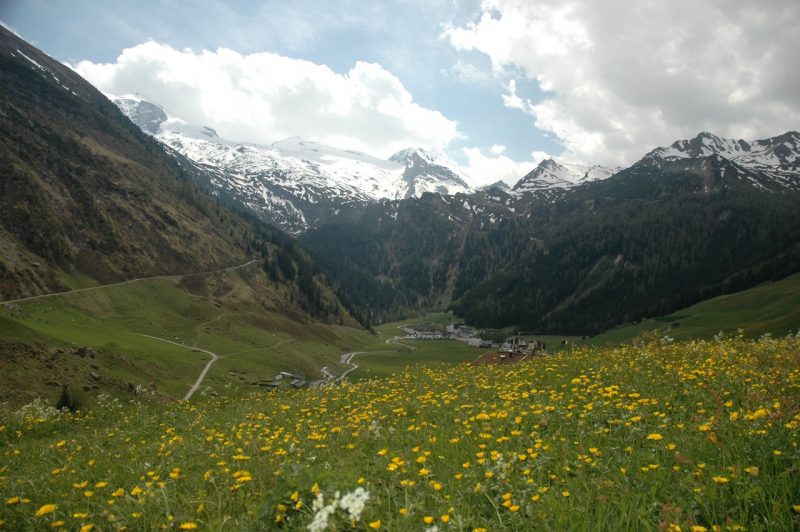
Tux, Austria. Image © PlanetSKI.
“May will be the decisive month,” Health Minister, Rudi Anschober added.
He called on Austrians to be careful, after further steps to ease the coronavirus lockdown were introduced at the beginning of May.
Some doctors have warned of it being too early.
The alpine ski racers have started training as we reported on Sunday (see lower down this blog post).
With tourism in the Austrian Alps beginning to reopen it will be interesting to see if border restrictions are eased or kept in place.
Currently people have to quarantine for 14-days or have a special health certificate.
TUESDAY 5TH MAY
NEW ZEALAND TO MAINTAIN BAN ON INTERNATIONAL TOURISTS FOR ‘LONG TIME TO COME’
The New Zealand Prime Minister, Jacinda Ardern, has said “we will not have open borders for the rest of the world for a long time to come.”
Tourism employs one in ten people in New Zealand and contributes 6% of the country’s GDP.
Most visitors are from Australia, followed by China, the USA and then the United Kingdom.
The country is judged to have done well in beating coronavirus and is set to open its ski resorts toward the end of June.
New Zealand ski areas plan to open with some restrictions
New Zealand has had fewer than 1,500 confirmed cases of Covid-19 and 20 deaths.
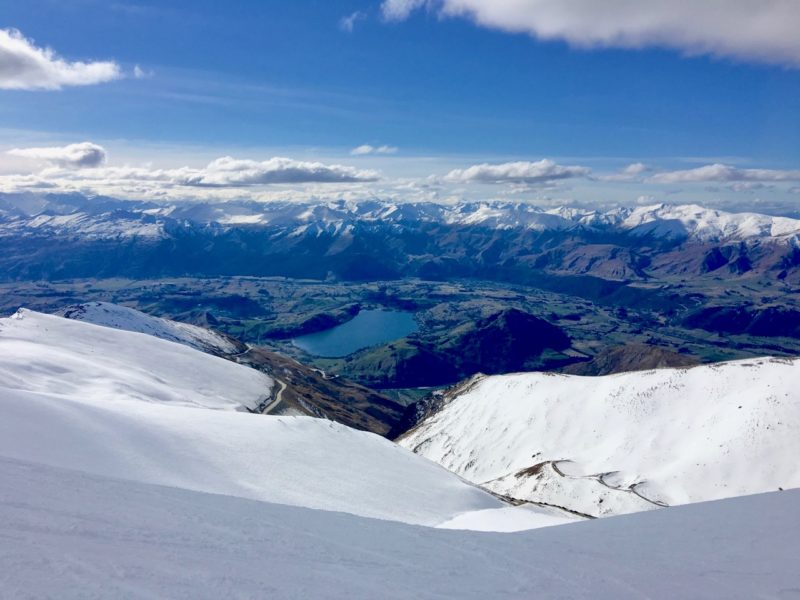
Skiing in New Zealand. Image © PlanetSKI.
The country is looking at making arrangements for tourism with Australia which has also done well in containing the spread of the virus.
Australia has had almost 7,000 cases and 96 deaths.
See here for this earlier PlanetSKI article:
Australia ski season under threat
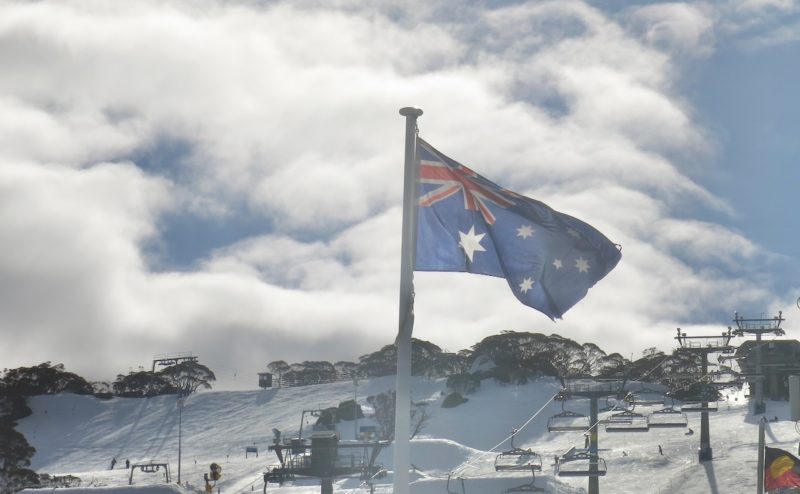
Skiing in Australia. Image © PlanetSKI.
See this special report on PlanetSKI as we look at how a ski holiday might be in Europe next winter.
First of all we look at travel and getting to your ski resort of choice:
What might a ski holiday look like next winter?
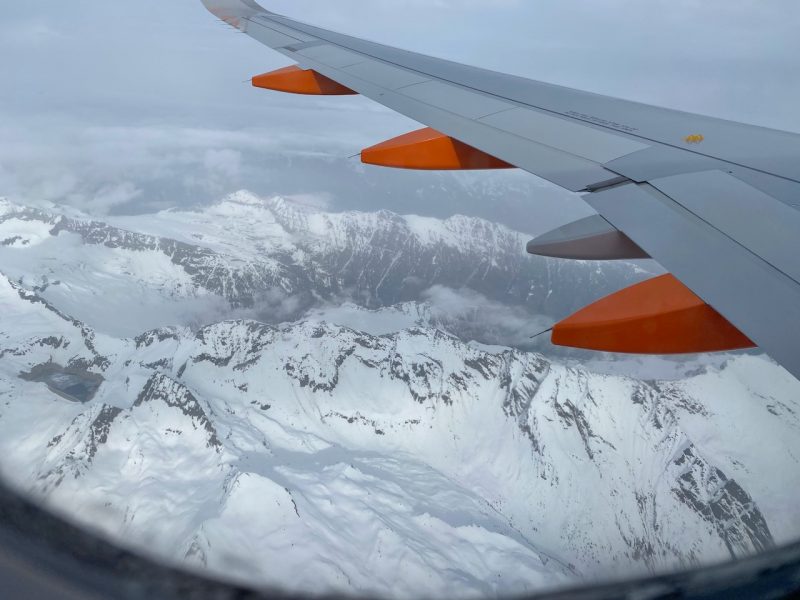
Air travel to the Alps. Image © PlanetSKI.
GERMANY EXTENDS ITS BORDER CONTROLS WITH SWITZERLAND
The border controls, which were put in place in March, will be extended until May 15th.
Only German citizens, residents of Germany and EU citizens with a valid reason for travel are allowed to cross the German border from Switzerland.
In addition to borders with Switzerland, Austria, France, Luxembourg and Denmark, Germany has also stopped flights from Spain and Italy in order to control the pandemic.
Closures along Switzerland’s borders – particularly with France, Italy and Germany – has meant some have been separated from family and friends along the other side.
Switzerland has also indicated its border will be closed for the foreseeable future, although the government last week announced that family reunions for people living on either side of the border will be again allowed from May 11th
All Swiss citizens, residence permit holders and cross-border permit holders are allowed to enter Switzerland – but tourists and other visitors are restricted.
BUSINESS LEADERS IN TRAVEL DEMAND URGENT ACTION TO HELP THE INDUSTRY
The Heathrow Airport CEO, John Holland-Kaye, has said a common international standard of airport safety measures is needed within a month.
He wants Boris Johnson to take a lead in agreeing international standards at airport to provide clarity and a way forward.
It comes as the aviation industry faces massive loses and a dismal future as a result of the pandemic.
Airports are closed, fleets grounded and huge job losses are taking place.
Meanwhile TUI Group CEO, Fritz Joussen has called for the European Union to develop a ‘roadmap for travel within Europe’ once the Covid-19 pandemic is over.
The UK’s largest ski tour operator, Crystal Ski, is part of the TUI group.
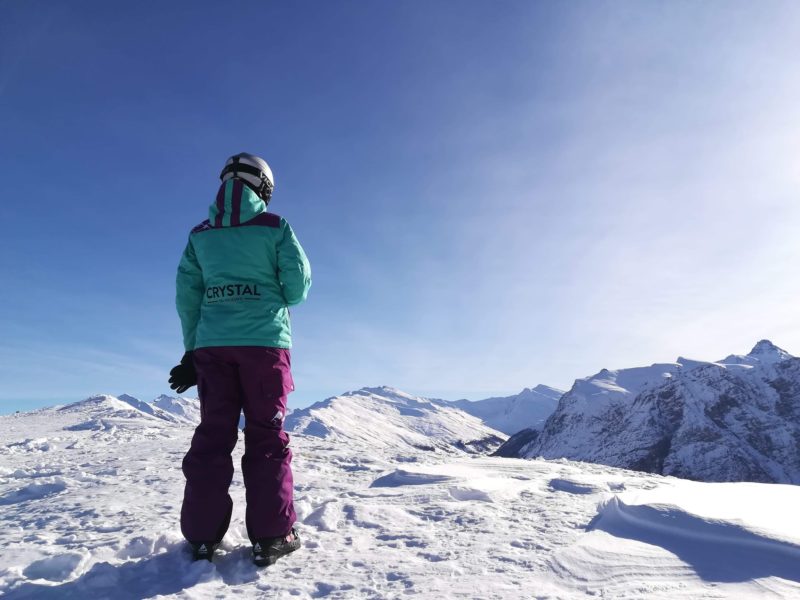
Crystal Ski Holidays – photo Crystal
“Tourism within Europe needs a clear perspective. The EU and the member states should develop a roadmap for travel within Europe and make holidays possible in 2020.
“This includes opening up with tourism and air travel to countries and regions of Europe that have made good progress and are actively promoting the return of holidaymakers, such as Greece, Cyprus, Portugal, Austria or Bulgaria.
“Holidays at home are an offer, but should not be the only answer for Europe and Europeans.”
MONDAY 4TH MAY
AUSTRIAN SKI RACERS RESTART TRAINING
The Austrian Ski Federation has begun Alpine skiing training programmes as sporting facilities gradually reopen in the country.
They are being tested for coronavirus before and after the training camps.
It is aimed to prepare the athletes for the upcoming winter season.
The entire men’s team has reportedly tested negative for coronavirus and the camps, starting this week, will be held in the Tirol.
“The health of our athletes and their supervisors is our top priority,” said the President of the Federation, Peter Schröcksnadel.
“All ÖSV employees, athletes, trainers and supervisors from all areas are tested on COVID-19 using so-called PCR tests.
“The alpines in particular are tested twice.
“Before arriving at the training camp to make sure that they are not infected and before leaving to make sure that they have not been infected during the training.
“This double certainty not only protects our athletes, but also their personal environment.
“We are also planning a scientific study on antibody tests with experts”.
The organisation said it was to be a pioneer for a modern and responsible framework of conditions for sport.
The Federation is also planning a scientific study on antibody tests with experts.
The minimum length of stay at the course location is eight days.
The measures of the ÖSV were developed together with the medical doctor Univ. Prof. Dr. Wolfgang Schobesberger from Innsbruck.
“All athletes and their supervisory staff were prepared for the start of training and instructed to avoid any risk of infection, explains the Federation’s sports director. Toni Giger, who is responsible for implementing the measures.
“For us, the following applies: always a little more carefully than prescribed.”
SCOTTISH SKI RESORTS MISS OUT ON EXCELLENT SKIING CONDITIONS
The coronavirus pandemic brought the five Scottish ski resorts an early closure as we reported at the time.
All five Scottish ski areas now shut
However, there have since been some decent snow falls and good Spring skiing and snowboarding conditions.
See this report on the BBC.
And talking of the BBC it also reports on a GB skier who was working in Val d’Isere, France as a ski instructor but is now picking asparagus in Yorkshire.
“I was doing a ski season before this in the Alps. It’s been a massive career change,” says Nathan Steele.
“You don’t earn a lot, but it’s better than nothing.”
See his story here.
AUSTRIAN DOCTORS ISSUE WARNING
The Austrian Medical Association has asked Austrians to be carefull after the easing of some lockdown restrictions.
The warning comes from its President, Thomas Szekeres.
He urged Austrians to continue to observe strict hygiene measures, including wearing face masks, washing hands and keeping their distance.
“We have achieved a great deal in recent weeks,” he said, “but we must not undo the successes of this first stage.”
All shops have now re-opened in Austria and people no longer need a reason to leave home.
Home working is encouraged and people are asked to keep a distance from each other of at least 1m.
Today Vienna airport is offering covid-19 tests to incoming passengers.
See more details lower down this article from Sunday 3rd May
SUNDAY 3RD MAY
VIENNA AIRPORT TO TEST INCOMING PASSENGERS FOR CORONAVIRUS
New arrivals in Austria currently have to go into 14-day quarantine period or produce a recent health certificate.
As from Monday people will be tested at Vienna airport.
The tests will take between 2 and 3 hours to get a result.
It is a significant move as it may be extended to other airports in Austria and it opens up the Alps to some form of international summer tourism.
Some restrictions on lockdown have been lifted in Austria and hotels are set to open at the end of this month.
Vienna Airport is to offer coronavirus testing to new arrivals rather than sending them into a 14-day quarantine.
Tests will be available at the airport in the Austrian capital from Monday and will take around two to three hours.
Austria is widely credited with handling the pandemic very well with 598 deaths from covid-19.
The Austrian announcement comes as UK Transport Secretary Grant Shapps has said the government is actively looking at introducing 14-day quarantine on people entering the UK.
EUROSTAR PASSENGERS TO WEAR FACE MASKS FROM MONDAY
People must wear a face mask or face covering in line with guidelines from the French and Belgian governments.
Some commentators predict growing interest in train travel to the Alps – both this summer, if and when border restrictions are lifted, and to the mountains next winter.
Masks will likely be obligatory
As of Monday any type of mask is suitable, authorities have said, as long as it effectively covers the nose and mouth.
Those without masks may be refused travel.
Fines could be imposed in France and Belgium for anyone without a mask.
Although next winter is a long way off it is likely the pandemic will still be with us unless immunity is achieved or a vaccine is discovered, produced in enough volume and administered.
Both possibilities seem remote at the moment.
Next winter the ski season will likely be very different, not least in the way people travel.
Here at PlanetSKI we predict a growing interest in train travel.
Social distancing will likely be easier at stations and on trains, than in airports and on planes.
If you want to find out more about train travel to the Alps, whether on the Eurostar, or any others routes then we recommend you take a look at the snowcarbon web site run by our good friend and colleague, Daniel Elkan.
It specialises in train travel to ski resorts
“Coronavirus is of course a big challenge for the ski and travel industry but it is also an opportunity for people to discover new ways to travel to the Alps,” said Daniel.
He has just launched the Snowcarbon Journey Planner (SJP) that is now ready for next winter.
The SJP is a searchable database of some of the best train journeys from the UK to ski resorts in the Alps.
And check out these articles as we have taken the train to the mountains:
All aboard the Alpen Express to Austria
Taking the train to Italian ski resorts
PlanetSKI heads to the Pyrenees by train
NO SHITE, SHERLOCK!
After a month in lockdown, the UK appears to be upping its alcohol intake.
Sales of stout are up by 83% and cider are up 63%, with overall sales of alcohol rising by more than a third on this time last year.
Frozen food remains the most popular.
Here’s the BBC’s graph.

